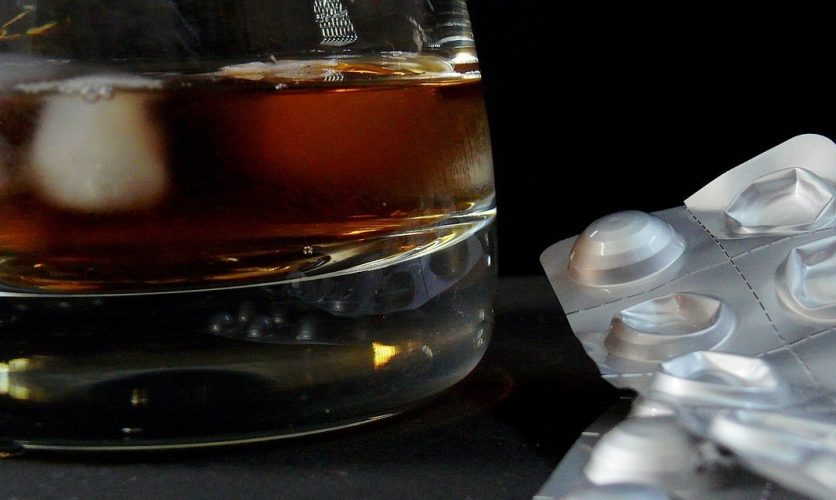Xanax and Alcohol
Xanax and alcohol are two of the most commonly used substances in the United States. As a result, both are easily accessible, and many individuals mistakenly believe that because they are legal, they are also safe; but alcohol and xanax should never be combined. Together, they can lead to serious health risks and even death.
What is Xanax?
Xanax (Alprazolam) is a powerful benzodiazepine medication used to treat common mental health issues such as anxiety disorder, panic attacks, and insomnia. It works as a central nervous system depressant, calming the body. The effects of Xanax are powerful and it should only be taken as prescribed by a doctor.
It is important to take Xanax only as prescribed since misuse can lead to addiction. Doctors are aware of the physical dependence of Xanax and can help patients prevent or manage withdrawal symptoms if they suddenly stop taking a drug.
What is Alcohol?
Alcohol is a depressant that slows down the central nervous system. The effects of alcohol can impair judgment, coordination, memory impairment, and reaction time. Long-term effects of alcohol use include liver damage or failure, suicidal thoughts, loss of consciousness, or respiratory depression that can lead to coma or death. Drinking alcohol can also be dangerous when used in excess or in combination with other drugs such as xanax.
Is it Safe to Mix Xanax and Alcohol?
There are many dangers of mixing Xanax and alcohol, including drowsiness, dizziness, difficulty breathing, slowed heart rate and blood pressure, confusion, memory problems, loss of coordination, poor judgment, or coma. Additionally, it could increase the risk of addiction and dependence. Both substances depress the central nervous system, which means they can have a strong sedative effect that can lead to unconsciousness or even be life-threatening. It’s important to talk to a medical professional before taking any medication and discuss the potential dangers of combining medications with alcohol.
Signs and Symptoms of Xanax and Alcohol Dependency
Xanax Dependency
Drowsiness
Light-headedness
Headache
Tiredness
Dizziness
Irritability
Talkativeness
Difficulty concentrating
Alcohol Dependency
Unable to control how much alcohol you consume
Unable to cut back
Consuming alcohol frequently, obtaining alcohol, or quitting alcohol use
Strong desire or urge to consume alcohol
Treatment for Combining Xanax and Alcohol
If you have been mixing Xanax and alcohol, it’s important to seek treatment as soon as possible. A professional treatment program can help you safely detox from both substances and provide counseling to help you recover from substance use disorder. Additionally, medication-assisted treatment may be available to help reduce withdrawal symptoms and cravings under medical supervision. Treatment is the best course of action if you have been combining Xanax and alcohol, as it can help avoid relapse, ensure your safety, and promote success in long-term recovery.
Visit Caron Treatments Centers to Begin Recovery Today
At Caron Treatment Centers, we provide comprehensive inpatient and outpatient treatment options for individuals struggling with substance use disorder. Our experienced team of professionals offers evidence-based therapeutic approaches and medication-assisted treatments to help you reach lasting recovery.
If you or someone you know is suffering from or at risk of substance use disorder
Continue Learning About Xanax and Alcohol
Take the next step:
Start a conversation
Start with an online form
-
Caron in Pennsylvania
1-800-854-6023 -
Caron in Florida
1-800-221-6500 -
Breakthrough at Caron
1-800-213-7834




